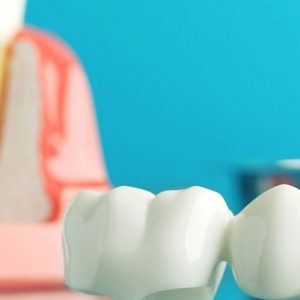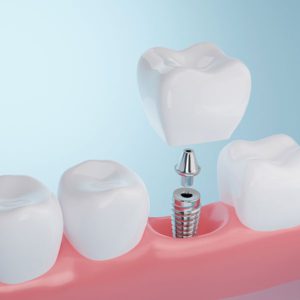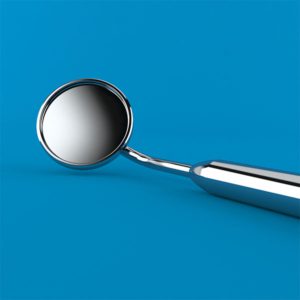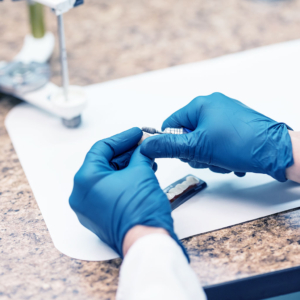
What We Offer
What We Offer
Choose a category below to learn about what our experts at Maine Prosthodontics can do for you.
How We’re Different
Prosthodontists are experts in the restoration and replacement of teeth–they make smiles look beautiful and function the way they should. After completing four years of dental school, prosthodontists receive an extra three years of rigorous specialized training in an American Dental Association (ADA) accredited graduate program. Prosthodontics is one of the nine dental specialties recognized by the ADA.
Many like to think of prosthodontists as the “quarterback” of the dental treatment plan. They regularly lead teams of general dentists, specialists and other health professionals to develop solutions for your dental needs.
In addition, our doctors are specialists in maxillofacial prosthetics and have received hospital-based training focusing on patients with cancer, traumatic injuries and congenital issues.
We’re here to:
- Create your perfect smile
- Replace lost teeth
- Manage complex care
- Treat cosmetic and esthetic concerns
Contact us today to make an appointment!




